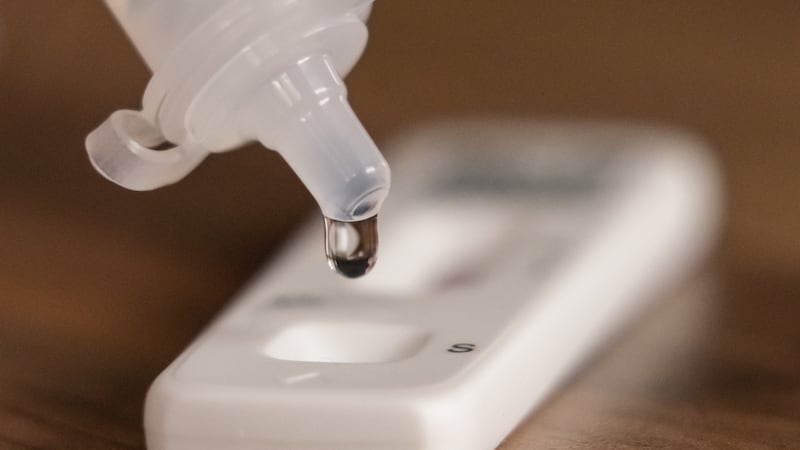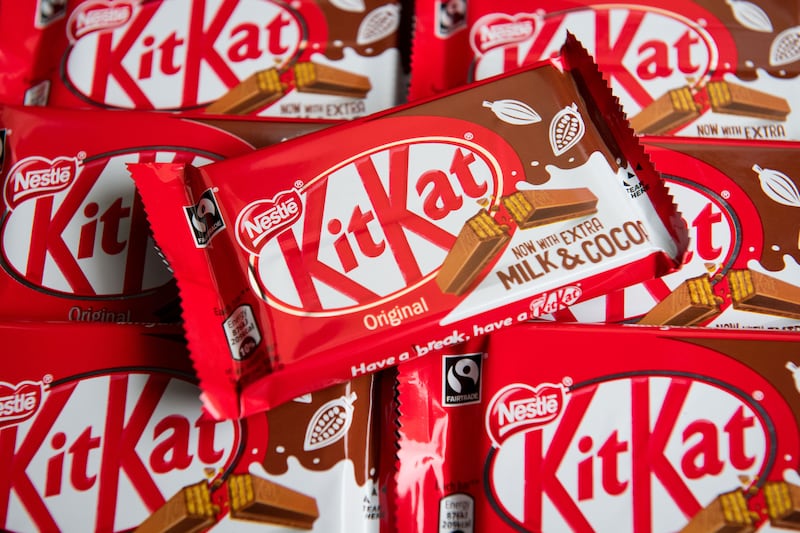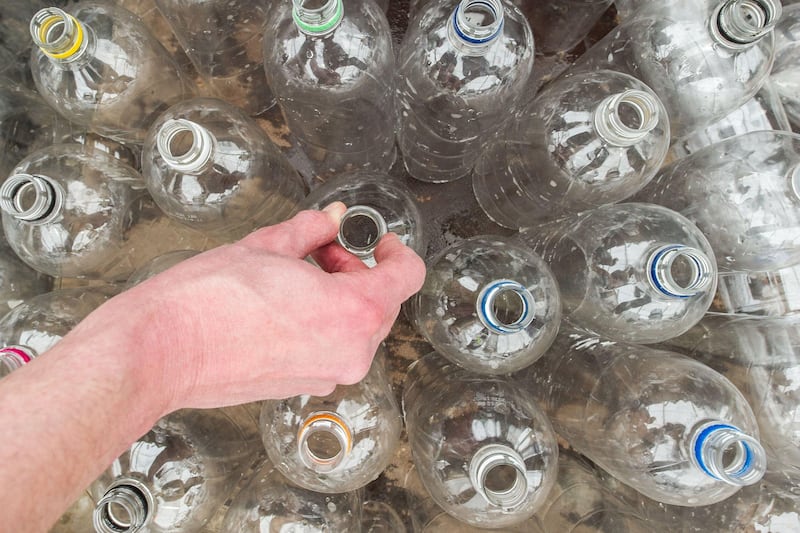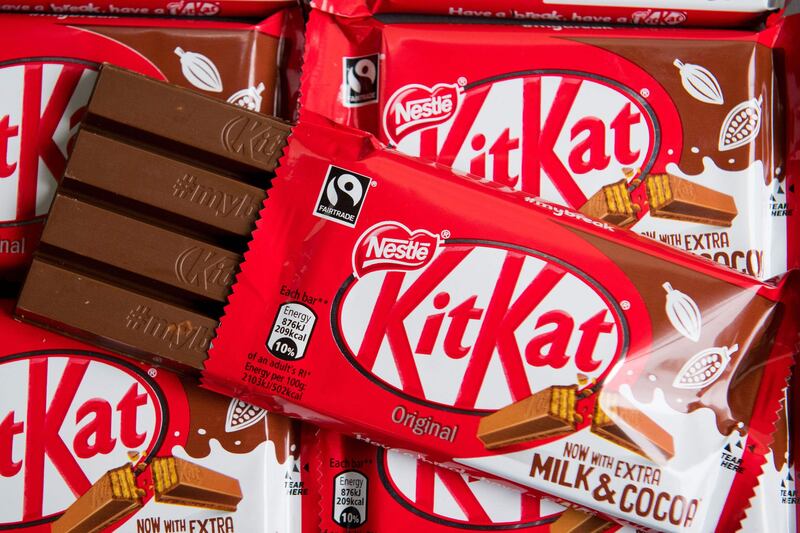FOOD producer Nestle claims it has discovered a way to drastically reduce the amount of sugar in its chocolate bars.
In good news for those with a sweet tooth, the world's largest food company says it has developed a method of cutting as much as 40 per cent of sugar from its confectionery.
The Swiss company, which makes Aero, Rolos and KitKat, said it has found a way to structure sugar differently using natural ingredients, so that even when much less is used in chocolate consumers will barely taste the difference.
The move comes amid pressure from on food companies to slash sugar levels and make products healthier over fears that increasing consumption is causing a rise in obesity and conditions such as Type 2 diabetes.
Nestle's chief technology officer, Stefan Catsicas, likened the process involved to making sugar crystals that are hollow and faster-dissolving.
The discovery will allow the company to reduce the sugar amount while maintaining the same taste.
Mr Catsicas said: "This truly ground-breaking research is inspired by nature and has the potential to reduce total sugar by up to 40 per cent in our confectionery.
"Our scientists have discovered a completely new way to use a traditional, natural ingredient."
Nestle is hoping to patent its discovery and roll out the process in 2018 to gradually reduce sugar content.
The British government has piled pressure on food companies to reduce sugar levels amid a worsening health crisis, announcing in March that it will introduce a tax on soft drinks with added sugar.
A Cancer Research study based on data from the National Diet and Nutrition Survey recently found that adults and young children currently consume twice the daily maximum recommended amount of added sugar.








